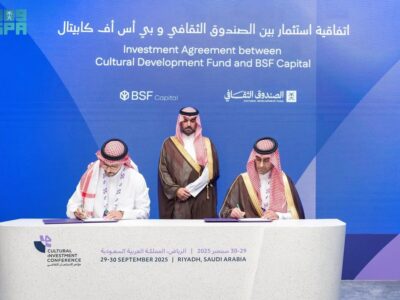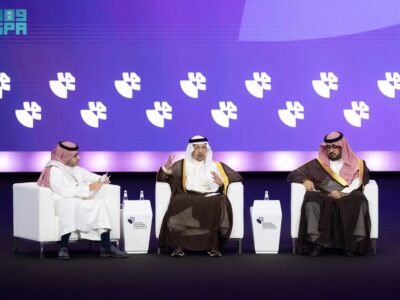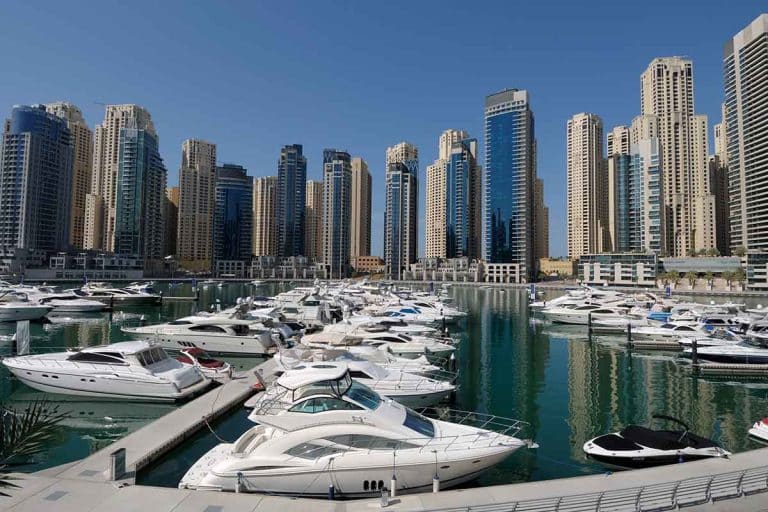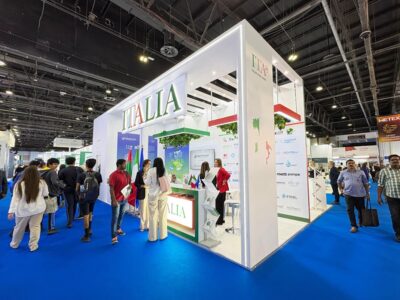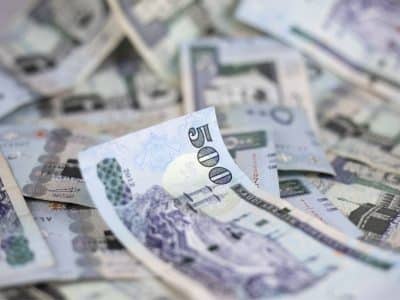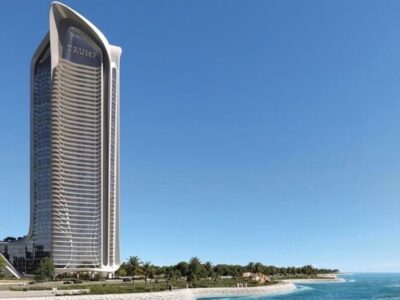As Dubai continues to cement its position as a preferred hub for business and travel, it is also becoming viewed as the ultimate retirement destination in the region, especially among long-residing expats who are not quite ready to let go of the city’s many luxuries.
With cost of living continuing to rise, careful financial planning is crucial for securing one’s golden years. But what is a reasonable target to aim for?
According to an Instagram poll conducted by Arabian Business, a staggering 57 percent of respondents said they believed an annual income exceeding $150,000 is necessary for a comfortable retirement in the emirate. 24 percent said $100,000-$150,000 per year was enough while 14 percent chose $50,000-$100,000 and only 6 percent opted for $20,000-$50,000 per year.
Dubai expats divided over retirement savings goals
“$100,000 – $150,000 per year shall suffice,” Muskaan Chelani, a 24-year-old Marketing Manager, told Arabian Business.
“When you retire in Dubai, you’ve already established a house for yourself and arranged all needed amenities throughout your working period. Hence after signing off, your expenses majorly lie around health which is also covered by insurance, your extracurricular activities, and all needs and wants related to food and similar outings. Even if you desire to splurge in your retirement phase, you and your partner can enjoy a very promising lifestyle with such money.”
“The sky is the limit in Dubai, of course, but practically speaking this amount should keep you good.”
But according to Ruchard Soderlund, Managing Partner at Henn&Rich Global Advisory, 27, the amount of money needed to retire comfortably in Dubai is “subjective.”
“What constitutes a comfortable retirement varies greatly from person to person. For some, $100,000 a year in passive income would be more than enough to lead a comfortable retirement in the UAE, and for some, $500,000 would not even dent the costs of retiring here.”
However, 29-year-old Property Consultant Jevon Olumide, believes that an annual income of $150,000 is necessary due to the fact that cost of living will probably increase in the coming years. “Although I live a frugal life it’s essential and important that having a substantial amount of money to dispose of intelligently is actually available, I would want to support my family in their further education and also life choices such as getting married and so it would be very crucial for me to be financially independent and free to be able to afford the lifestyle and things I want to do.”
But what most expats agreed to was that the most substantial concern was healthcare quality and accessibility which come at a price.

Dubai retirement planning fundamentals
Retiring comfortably as an expat in Dubai requires careful financial planning, disciplined saving, and a comprehensive understanding of individual lifestyle preferences and long-term goals. And although the consensus is quite divided, the overarching sentiment is that lifestyle preferences will determine how much you will need to save to retire comfortably.
Stuart Porter, a Chartered Financial Planner at AES International, advocates the widely accepted “4 percent rule” as a starting point. Proposed in the 1990s by financial planner William Bengen, the theory suggests withdrawing 4 percent of your retirement savings at the start of your retirement and then adjusting the amount by the rate of inflation each year.
“If you have a retirement savings pot of $1 million, you withdraw $40,000 in the first year of your retirement,” he told Arabian Business. “If inflation was 5 percent during the year, you withdraw US$42,000 the next year and so on.”
However, he cautions that this rule has drawbacks and suggests more conservative withdrawal rates of 3-3.5 percent based on recent actuarial studies.
Carol Glynn, a Dubai-based personal finance coach, offers a similar perspective. “A general estimate suggests taking your expected cost of living and multiplying it by 25x,” she said. For instance, if your anticipated annual expenses are AED200,000 (approximately $54,500), you would need at least AED5,000,000 (approximately $1.36 million) in retirement savings.
While the figures may seem daunting, both experts emphasise the importance of starting to save early and consistently. Porter recommends, “Save a percentage of your total income, not just salary but bonuses, overtime, rental, and dividend income.” Glynn echoes this sentiment, advocating for intentional budgeting and capitalising on Dubai’s tax-free environment to optimise investment opportunities.
For those in their 30s, Porter suggests diversifying investments across asset classes like cash, fixed income, real estate, and equities, potentially through cost-effective vehicles like Exchange Traded Funds (ETFs). Glynn underscores the power of compounding interest, urging young professionals to “start investing a portion of your income as early as possible.”
“Take advantage of the tax-free environment you are in to optimise your investment opportunity while you are earning in the UAE. Reinvest any dividends you receive on your investments to take full advantage of the power of compounding. Wait for that passive income stream, for now use any returns on your investments to reinvest so you can reach your goals faster,” said Glynn.
For first-time investors, Glynn advises a worldwide diversified ETF and then work to diversify investments over time. “Consider spreading investments across different assets to minimise risk and provide multiple sources for future income,” she said.
“The sooner you start preparing for your retirement, the sooner you can retire and the more options and choice your future will hold.”
The rent vs. buy dilemma and Dubai’s long-term appeal
When retirement planning, the age-old debate of renting versus buying a property resurfaces. Porter acknowledges the emotional aspect of this decision. “While owning a property may offer stability and potential long-term appreciation, it also entails upfront costs, ongoing maintenance expenses, and potential market fluctuations.”
“Weigh the pros and cons of each option and consider how they align with your retirement plans and financial stability,” Glynn suggested.
While buying property could be a wise investment and a means to secure housing without the worry of annual rent hikes or the threat of eviction, as well as an opportunity to build generational wealth for your dependents, it requires substantial upfront cost and comes with ongoing maintenance expenses, she added.
Renting, however, offers more flexibility and can be a more suitable option for those who prefer not to commit to a long-term investment or are unsure about their long-term stay in Dubai.
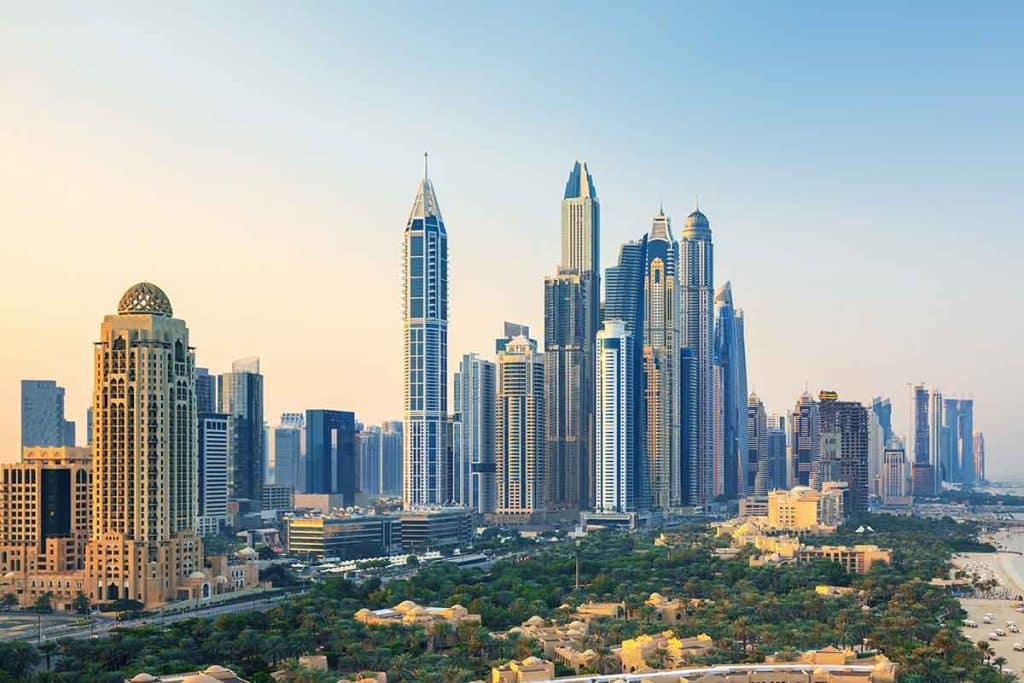
“I feel Dubai is increasingly becoming a more suitable and desirable place for longer-term retirement thanks to its high quality of life, excellent healthcare facilities, and the introduction of retirement visa options for expatriates,” Glynn added.
Agreeing with this, Porter said that the diversity in the emirate as well as its evolving infrastructure, tax benefits and quality healthcare make it an attractive destination for retirement.
“Ongoing efforts by the government to enhance the regulatory framework, improve the quality of life, and promote economic stability, healthcare needs, and social support networks before committing to retirement in Dubai,” he added.

